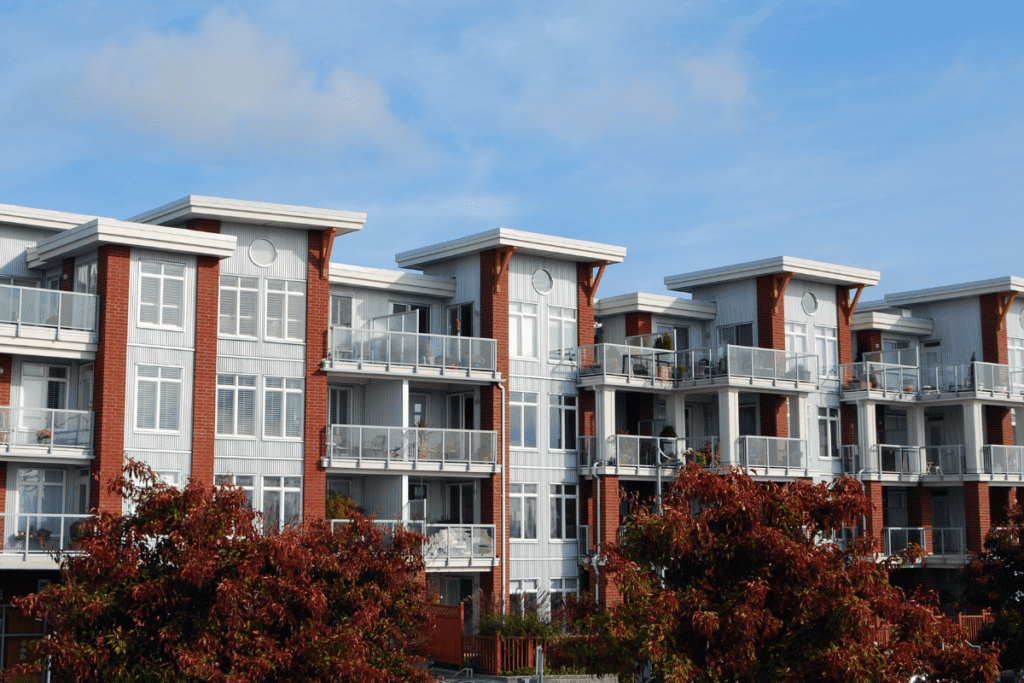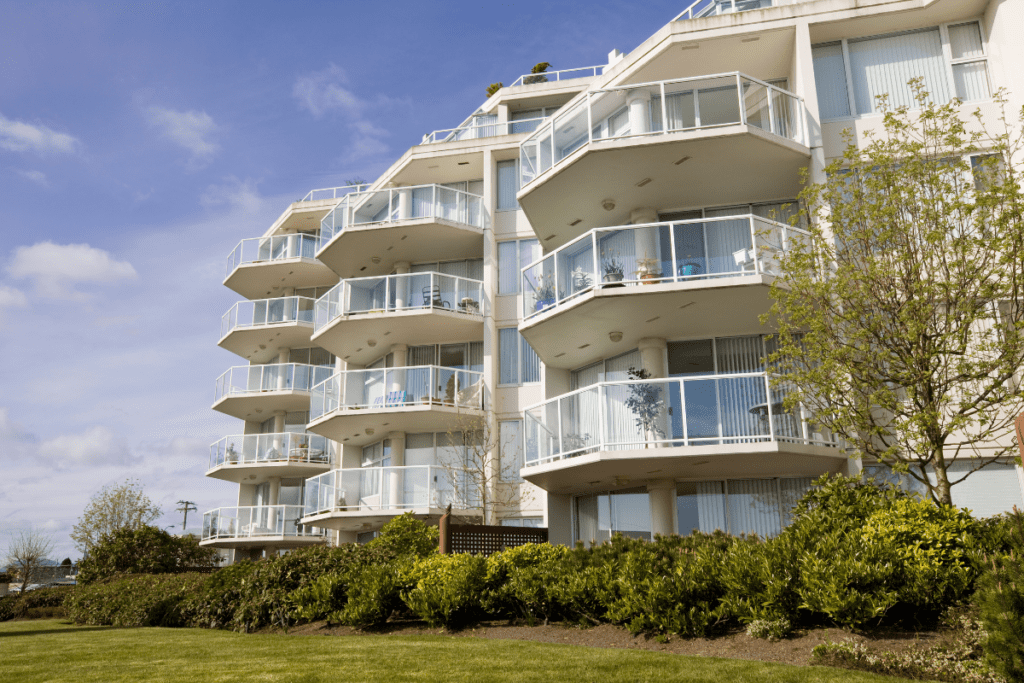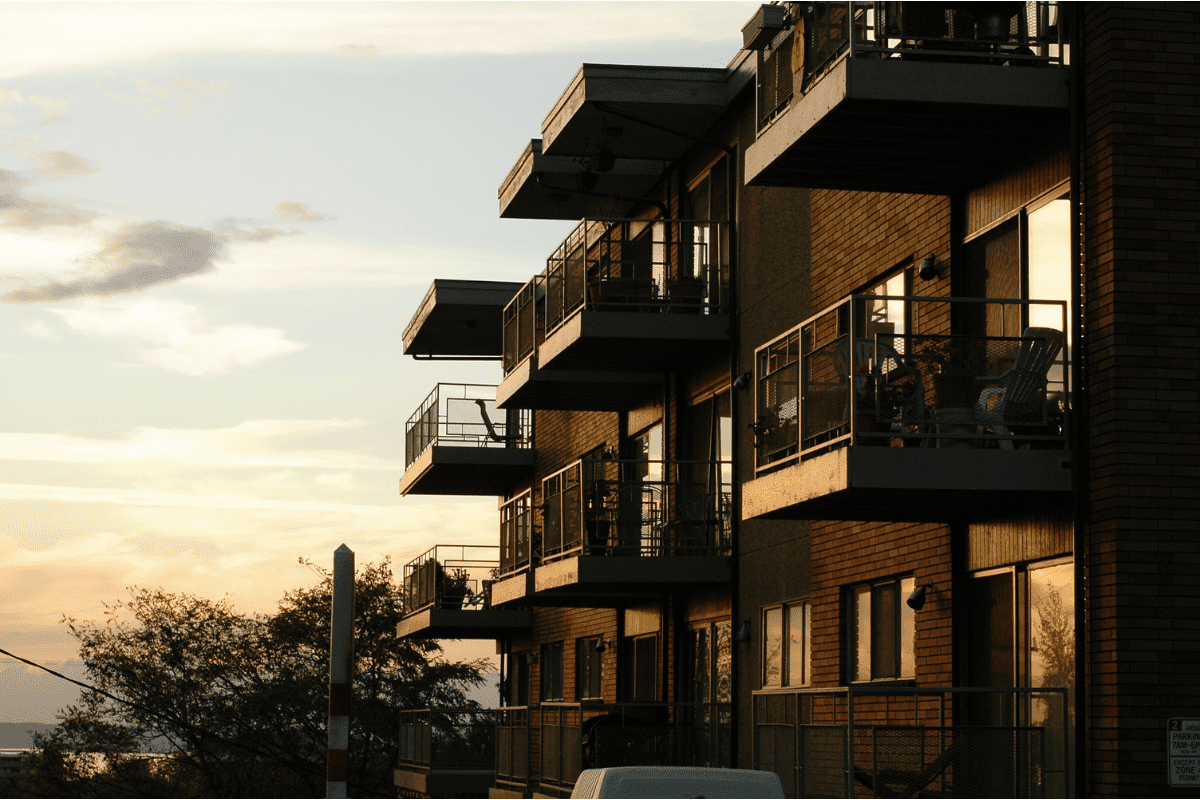Contents
Condominium associations and homeowners associations are often discussed in the same breath, the terms used almost as if they were interchangeable. That’s because in many respects, a condominium association and a homeowners association serve the same function: In both cases, they are organizations of homeowners that seek to preserve property values, maximizing the value of each homeowner’s investment. The most noteworthy difference, of course, is that a condo association is made up of condominiums, while a homeowners association (or HOA) consists of single-family homes.
Certainly, anyone considering the purchase of a condo should know a little bit more about the legal arrangement that governs their intended condominium development, including the ways in which their condo association may or may not mirror the workings of an HOA.
Here are a few considerations from Kuester Management Group, a company that proudly offers HOA management in Huntersville NC, Charlotte NC, Myrtle Beach SC, and HOA Management in Fort Mill SC.
What Does a Condo Association Do?

First and foremost, a condo association is an organization that allows individual condo owners to work together toward enhancing their property values, and toward maintaining common areas (for instance, tennis courts or other amenities associated with the condominium building).
Some specific duties that fall to the condo association include:
- Managing the association’s finances, including dues paid by the owners of each individual unit.
- Hiring vendors to clean, maintain, and repair any common areas of the building.
- Upholding the rules and regulations laid out in association governing documents.
- Collecting dues or leveraging special assessments as needed.
Why Do Individual Owners Have to Pay Dues?
In a condominium association, each unit owner is tasked with paying dues, whether on a monthly or annual basis. The specific parameters, including penalties for not paying dues, should be laid out in a legal document, available to all condominium unit owners.

The reason why members of condominium communities are asked to pay dues is to ensure there is an appropriate financial basis from which to maintain common condominium property. Common elements of the association are those assets or physical structures that are shared by all members, and are essential for promoting quality of life throughout the association. Examples include elevators, lobbies, balconies, sidewalks, and swimming pools.
Maintaining these structures costs money, and by paying dues, condominium unit owners all pitch in and pay their fair share. The role of the governing board, meanwhile, is largely to ensure that these funds are well-used, specifically by finding and procuring the right vendors.
How Does a Condo Association Differ from an HOA?
So far, most of what we’ve said about condo associations can also apply to homeowners associations. Indeed, there is significant overlap. With that said, there are also important distinctions, most of them pertaining to the different types of property that are encompassed.

For example, in an HOA, the homeowner owns both their house and the lot on which it sits. Condo owners don’t own the lot itself, but they do have a joint ownership interest in common areas, such as the lobby. In an HOA, meanwhile, common areas are owned by the association itself; individual homeowners do not have a joint ownership interest.
Frequently Asked Questions
A few additional questions about condo associations:
The only way a condo association could deny a buyer is if there is something in the buyer’s application that is inherently opposed to the rules of the association. These matters are prickly, and should always be discussed with a condo association attorney.
Who regulates condo associations?
It all depends on the state, with some states not regulating condo associations at all.
What is the primary purpose of a homeowners association?
A homeowners association, like a condo association, exists as a way to help owners maximize property values and share maintenance duties for common areas.

